Graham Reid | | 4 min read
The Wreck of the Old 97
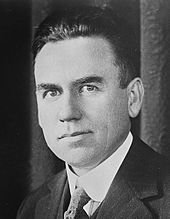
While it's not uncommon to hear people speak of some kind of "parallel universe" where another and different version of ourselves might exist, few would actually believe it exists.
But every now and again someone comes along who . . .
The child, born in northeast Texas on a cattle ranch in 1883, had the perfect name for a country singer who had been brought up tough in a violent part of the land: Marion Try Slaughter.
Later in life he would say he learned to brand cattle and play harmonica by the time he was four, and when the family moved off the ranch into nearby Jefferson they lived beside a place called Murder Alley where bodies would turn up on an almost daily basis.
The Slaughter family knew their share of killing too: the boy's paternal grandfather had been a deputy sheriff, Klan member and a Confederate soldier; and his father -- who became a hotel keeper and a Baptist preacher -- was knifed to death by his own brother-in-law in a saloon.
So when, later in life, the kid sang songs like Razors in de Air and Pass Around the Bottle he knew what he was talking about.
The importance of this kid who had it rough was that he has been credited with launching country music into popular success in America with his songs The Wreck of the Old '97 and The Prisoner's Song in 1924 (the later having a huge effect on the young Johnny Cash and which would later influence his own writing).
Sales figures are hard to be exact about, but while other country singers had achieved a modicum of local success, this guy was massive. Depending on how you ascertain sales (and including those where the songs had been on-sold to other labels which were less than scrupulous in their bookkeeping), those songs sold somewhere between 25 and 75 million copies in their day and took country music to a national and international audience.
Other songs by him -- The Death of Floyd Collins, The Convict and the Rose among them -- also sold over a million copies. In an excellent article in 1975 about this singular figure in country music, the academic/musician Walter Darrell Haden observed that at the time of Jimmie Rodgers' death in 1933 he had sold around 20 million copies of his 111 songs.
That puts Jimmie at the bottom end of this guy's sales estimates on just one of his records from '24.
Our man sang hundreds of sessions -- sometimes three recording sessions in one day -- and his songs were often found on numerous labels.
He has been the great overlooked figure in the history of country music and in the grand tradition he fell on hard times despite earning wedges of money. In the years before his death of a heart attack in 1948 he had been a nightwatchman then a night checkout clerk in a Connecticut hotel.
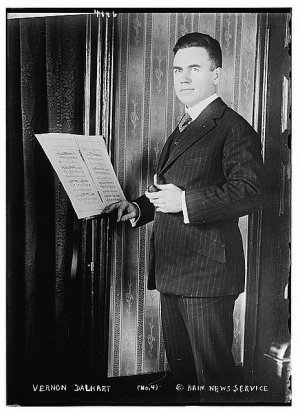 But in a parallel universe there was . . .
But in a parallel universe there was . . .
Vernon Dalhart from northeast Texas was a teenage piano salesman in a Dallas music store and studied at the Conservatorium of Music, then moved to New York where he sang grand and light opera in various companies, had a lead roles in HMS Pinafore and Madame Butterfly . . .
And yes, Slaughter and Dalhart were one and the same person.
When Slaughter moved to New York he changed his name to Vernon Dalhart -- the names of two towns in Texas -- and began his career in opera, but his natural Southern voice endeared him to Thomas Edison who was looking for singer for his newly formed label.
Slaughter/Dalhart had attended a recording audition in the expectation it would be for opera or popular songs and when he saw other big name singers there he sang Can't Yo' Heah Me Callin' Caroline. According to one of Slaughter/Dalhart's collaborators Bobby Gregory, all of the other singers were dismissed and our man was taken in to sing for Edison -- who was so deaf he needed an ear trumpet -- and the great inventor said, "You are the man for me".
His recording of Caroline, considered "a coon song", appeared on an Edison cylinder in 1917. He continued to record light opera, popular songs and patriotic pieces . . . but in 1924 he recorded The Wreck of the Old '97 (written by Henry Whitter) and backed it with the old folk piece The Prisoner's Song. They were massive and he recorded them over and over for various labels, over 50 by all accounts. There were pressings in New Zealand.
And so Vernon Dalhart -- the name under which Slaughter became a country star and sang those two great songs -- became a huge star.
But in a parallel universe . . .
There were many scores of country music singers around at the time: James Ahern, John Albin, Mack Allen, Wolfe Ballard, James Belmont, Harry Blake, Harry Britt . . .
The list goes on. And yes, they were all Slaughter/Dalhart.
He was a one man recording industry between 1924-28, according to Haden, and was in strong competition with himself. One fan wrote to him saying he should be careful because a new singer Al Craver was singing some of his songs in exactly this style.
Slaughter/Dalhart was Al Craver too.
Oddly enough, just as there were these parallel universes which came together in one man, depending on who you spoke to Dalhart -- as he was most commonly known -- was either an irascible grump with a temperament resembling a grouchy old storekeer with piles (according to the colourful description of crooner Gene Austin) or a gentleman of good breeding and good manners (banjoist John Cali) who was a warm and gentle man always ready to help the careers of others (singer Dave McEnery).
Whoever or whatever the man born Marion Try Slaughter -- who became Vernon Dalhart, and over 100 other names -- was, he was the one who sold country music to America and the world.
.
For other articles in the series of strange characters in music, WE NEED TO TALK ABOUT . . . go here.

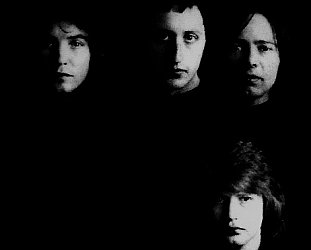
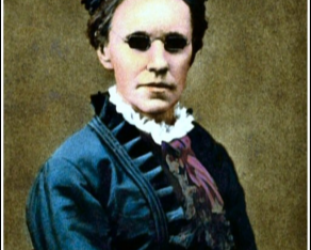


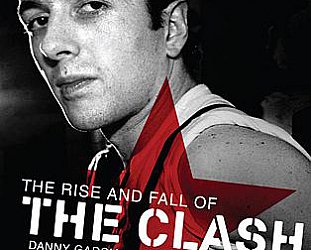
post a comment